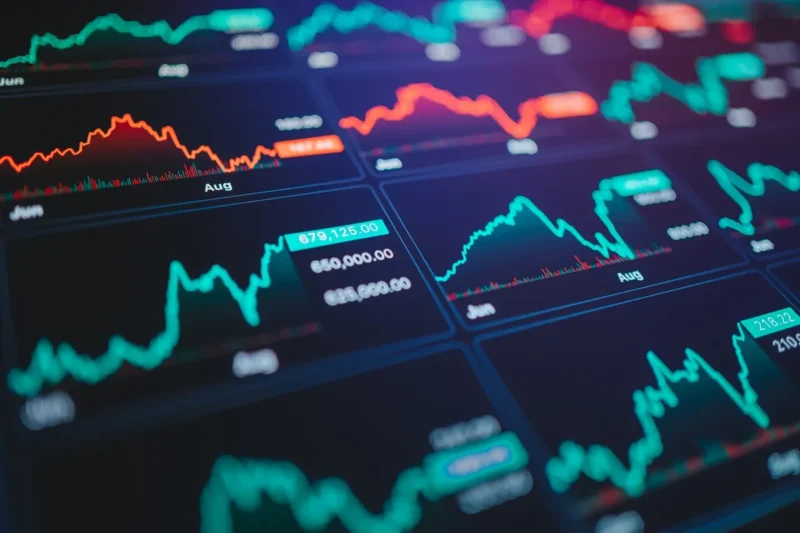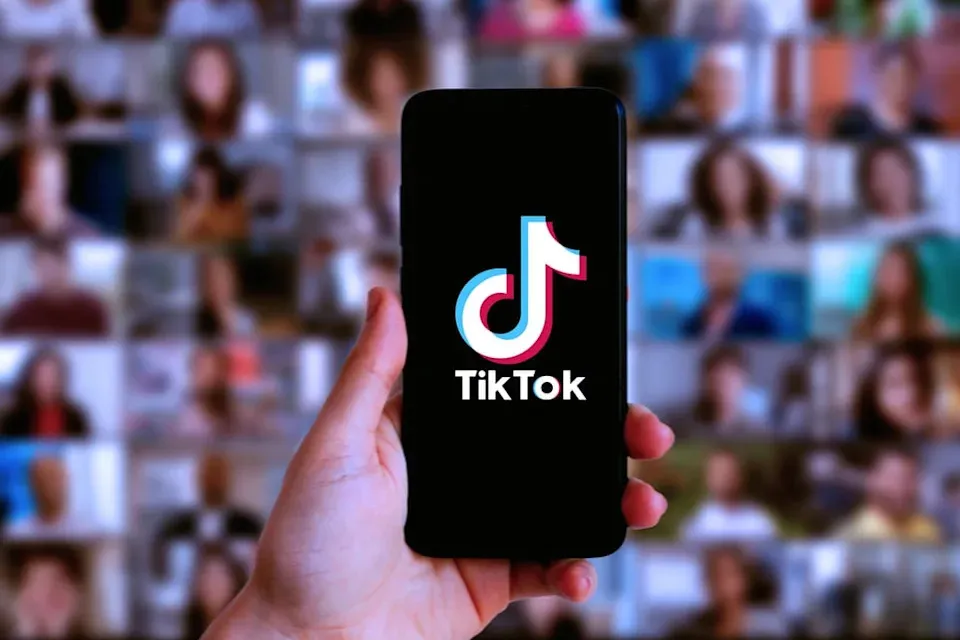Stock Market Comedy: How TikTok Influencers Shape Trader Sentiment
The stock market used to be a temple of charts, suits, and CNBC soundbites. Now it’s a playground for ring lights, punchlines, and 15-second trading tips. Finance has gone viral, and the algorithm has replaced the analyst. In 2025, trader sentiment doesn’t start on Wall Street it starts on TikTok. The platform that made dance challenges and skincare routines mainstream has turned the stock market into its latest genre of entertainment.
The Rise of FinTok: When Comedy Becomes Currency
TikTok’s financial influencers, lovingly dubbed “FinTokers,” have turned market chaos into content gold. They speak fluent meme, mix humor with headlines, and make complex market jargon sound like stand-up material. A bad earnings report? That’s a skit. A rate hike? Time for a reaction video.
For a generation raised on irony and attention spans shorter than a trading candle, FinTok isn’t just entertainment it’s education. The classic investor had Bloomberg; Gen Z has a creator in a hoodie explaining “buy the dip” with a sound effect. What started as casual commentary has evolved into real market influence. A viral TikTok about a “hidden gem stock” can create more buzz than a brokerage newsletter.
This new form of comedy-driven finance works because it taps into collective emotion. Traders don’t just watch content—they trade the mood. A trending hashtag can move sentiment faster than an earnings report. When markets are green, the jokes get louder; when they’re red, the humor gets darker. And through it all, the algorithm rewards engagement, not accuracy.
The Finfluencer Economy
The modern influencer isn’t selling products they’re selling conviction. A few viral clips, a community of followers, and suddenly they’re the new market makers of digital culture. TikTok’s “finance influencers” blend charisma with chaos, posting daily “stock tips” that sound part motivational speech, part meme prophecy. The audience doesn’t just want data; they want personality.
What’s fascinating is how these influencers have turned self-expression into market influence. When an influencer jokes about “going all in” on a stock, their followers treat it as part comedy, part call to action. The line between satire and strategy blurs completely. Some even launch their own coins, branded around their online personas, proving that in this new age, clout is collateral.
This dynamic has reshaped how sentiment moves. Traders no longer react to institutional signals they react to viral ones. A meme edit of Jerome Powell can alter risk appetite more than an actual policy speech. Market psychology has merged with social psychology, and TikTok is the trading floor of collective emotion.
When Humor Becomes a Hedge
For decades, finance was built on fear and greed. Now it runs on humor and hype. TikTok has transformed panic selling into performance art. Losses become memes; wins become punchlines. The market’s mood swings are matched by the comment sections of FinTok videos, where thousands of traders cope through comedy.
This shift isn’t as shallow as it seems. Humor is a coping mechanism in a market that never stops spinning. The constant stream of bad news, volatility, and macro chaos finds relief in creators who turn it all into punchlines. A funny video about inflation or interest rates might sound unserious, but it reaches millions who would never watch an economic segment on TV.
The irony is that by laughing at the market, traders have become more emotionally intelligent about it. TikTok’s bite-sized finance culture teaches resilience through relatability. When someone turns their 40% loss into a skit, it humanizes the game. The comedy doesn’t trivialize finance it democratizes it.
The Future of Financial Influence
Traditional analysts still roll their eyes, but they’re starting to take notes. Wall Street now quietly tracks TikTok trends to gauge retail sentiment. Hashtags like #StockTok and #CryptoHumor are early indicators of speculative waves. A sound trend can precede a stock’s volume spike. The market has always been emotional; now those emotions are visible, trackable, and monetized in real time.
TikTok has turned finance into a conversation, not a lecture. It has flattened the hierarchy between experts and amateurs. Anyone can be a teacher, a trader, or a comedian. And often, they’re all three at once.
The comedy of finance isn’t a distraction it’s evolution. It reflects a generation that refuses to be intimidated by complexity. They’d rather remix it, laugh at it, and trade through it.
Conclusion
The new trader doesn’t watch tickers in silence they watch TikToks with captions like “me after buying at the top.” It’s humor with a hint of strategy, chaos with a sense of community. Finance used to be about spreadsheets and seriousness; now it’s about memes and mood swings. TikTok influencers haven’t just changed how people learn about markets; they’ve changed how people feel about them. In a world that’s part casino and part comedy club, laughter might be the most powerful sentiment indicator of all. So if the market dips and your portfolio’s bleeding red, remember the golden rule of FinTok: make a video, make a meme, and make it to the next bull run.





Recent Comments